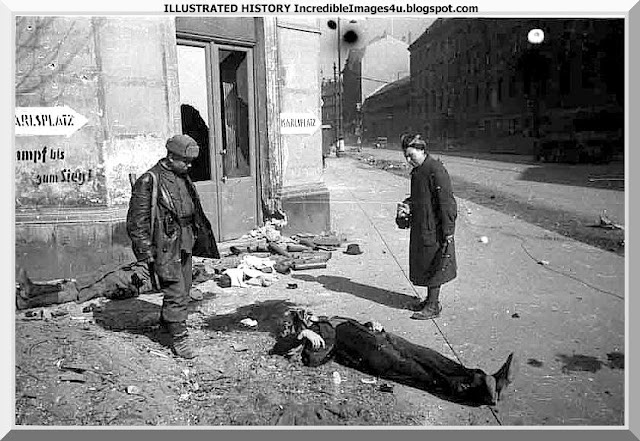

The Vienna Philharmonic’s current chairman, Clemens Hellsberg, told Reuters the orchestra would now have to take a democratic decision as to whether to revoke the awards it made to the Nazis during that period.Ī total of 60 of the orchestra’s 123 members were either members of the Nazi party or wanted to become members as of 1942, in the middle of World War Two, the orchestra said on Sunday. In one of the new articles posted on the orchestra’s website (Vienna University historian Oliver Rathkolb wrote that a replacement ring was delivered to Schirach in 1966 or 1967 after he was freed from prison.Īccording to a reliable witness, the person who delivered the replacement was trumpeter Helmut Wobisch, then the director of the orchestra and a former member of the SS, or paramilitary wing, of the Nazi party, Rathkolb’s article says. On Sunday, the orchestra published a list of recipients of its rings of honor and medals, which were traditionally given to artists but during the Nazi period were given to high-ranking officials and military leaders.īaldur von Schirach, a Nazi governor of Vienna who oversaw the deportation of tens of thousands of Jews to concentration camps and was sentenced to 20 years in jail by the Nuremberg war crimes tribunal after the war, was awarded the ring in 1942.

The orchestra rarely played the music of the Strauss family, known for the “Blue Danube” and numerous other waltzes, before this period. Less well known is the fact that the concert originated as a propaganda instrument under Nazi rule in 1939. One of the world’s premier orchestras, the Vienna Philharmonic is most popularly known for its annual New Year’s Concert, a Strauss waltz extravaganza that is broadcast to an audience of more than 50 million in 80 countries. The Alpine republic will solemnly mark the 75th anniversary on Tuesday of its annexation by Nazi Germany, an event most Austrians at the time welcomed. The orchestra, which has come under fire for covering up its history, on Sunday night published details for the first time about its conduct during the Nazi era, including biographies of Jewish members who were driven out and sent to death camps.Īustria took until 1991, more than four decades after the war’s end, to formally acknowledge and voice regret for its central role in Hitler’s Third Reich and Holocaust. Clemens Hellsberg, violonist and president of the Vienna Philharmonic Orchestra gestures during an interview with Reuters in the Musikverein, Vienna's resplendent golden music hall July 1, 1998.


 0 kommentar(er)
0 kommentar(er)
